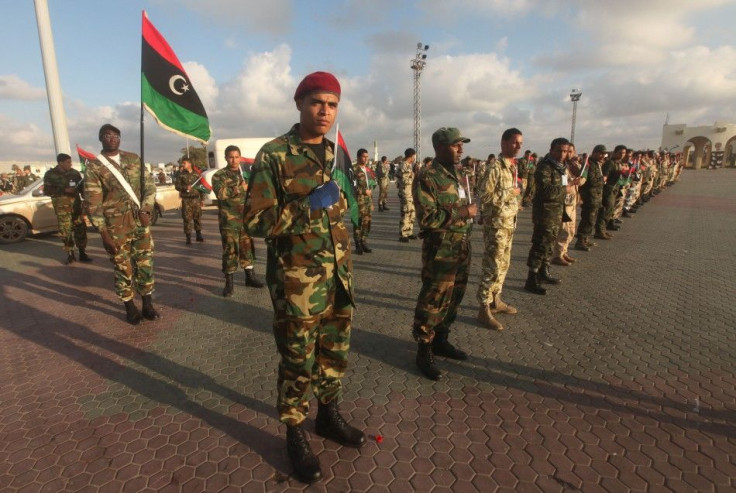Eastern Libya Declares Semi-Autonomy

Thousands of tribal leaders, politicians and military chiefs in the eastern part of Libya have declared a form of semi-autonomy, just four months after the death of dictator Moammar Gadhafi, highlighting the fragile nature of the “new” state of the North African country.
A declaration was made in the eastern city of Benghazi by representatives of both official and unofficial civic organizations, who said they wanted an end to decades of marginalization by the political powers in the western part of the nation.
The eastern region of Libya – historically referred to as Cyrenaica -- is rich in oil and also served as the base of the anti-Gadhafi rebel movement that eventually won the bloody conflict to oust the former strongman.
According to reports, this semiautonomous region will extend from Sirte, a coastal city at the midpoint of Libya, all the way to the Egyptian border.
Ahmed al-Zubair, a member of Libya’s interim government, the National Transitional Counci, or NTC, and a longtime political prisoner under the Gadhafi regime, was named the leader of the autonomous governing body.
Al-Zubair reportedly declared that his council will recognize the NTC as the ruling body of Libya as a whole, but that he would seek to protect the rights of the eastern region.
It is unclear what powers this semiautonomous body will have.
The NTC, which is now based in the western city of Tripoli, the national capital, has long warned against any form of autonomy, suggesting such a measure would lead to the disintegration of Libya.
© Copyright IBTimes 2024. All rights reserved.





















